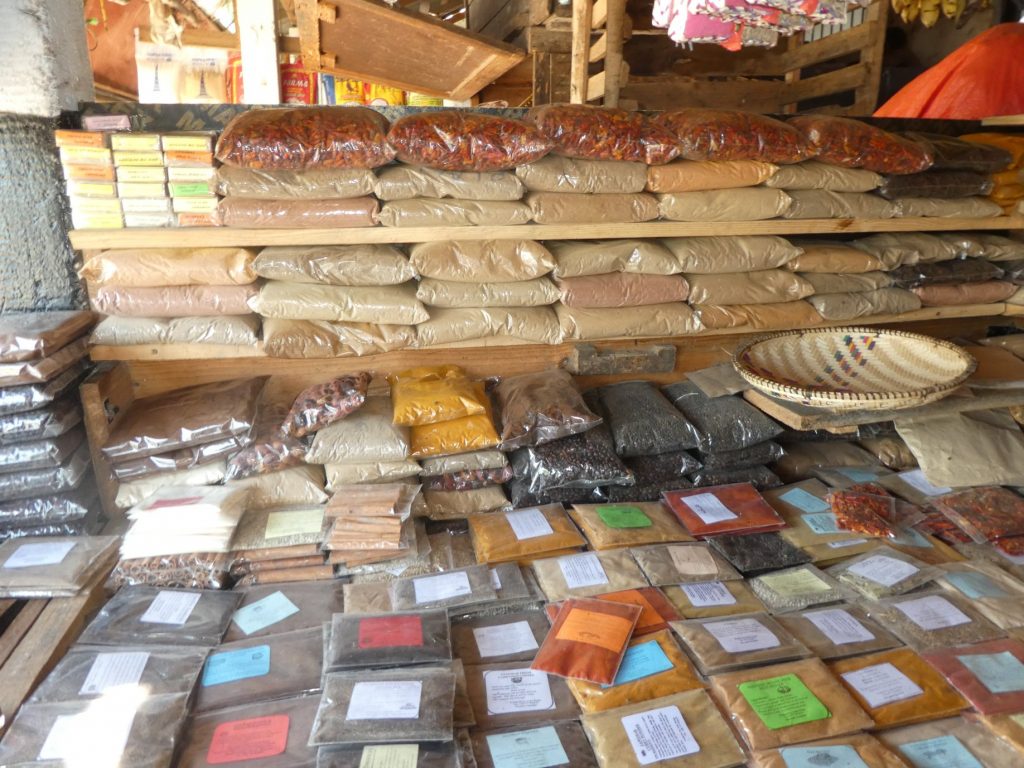The Spice Wars Part Twelve – The Age of Empire
February 19, 2022The Spice Wars Part Fourteen – New World Order?
February 21, 2022
By Satish Sekar © Satish Sekar (February 2nd 2022)
Empire Building
Portugal’s decision to ally with Spain inadvertently changed the course of history – it contributed to both England and the Netherlands building empires and to the Spice Wars, a conflict played out mainly in the East Indies. It affected large swathes of Asia and later Africa too.
Until Portugal’s realignment Dutch merchants were content to buy nutmeg, then a coveted spice that was extremely lucrative in trading, especially in Europe, but also India, from the Portuguese and sell it on. They still made sufficient profits to maintain the arrangement, but that changed when Portugal switched its allegiance to Spain, leaving the Dutch to look for alternatives.
The Dutch merchants concluded that the solution was to cut out the middleman, but that required finding the route to the East Indies, undertaking the arduous voyage, convincing the Banda Islanders to trade with them and return laden with the profitable spice to sell directly to their clients. And they had to contend with each other as they had their own ambitions and rivalries. They set out in 1595, returning two years later. Despite this and killing Bandanese dignitaries, including a prince, during a final skirmish, the Dutch were able to leave and sell their produce at a profit due to rises in the price of nutmeg and mace. The profits made convinced the Dutch to make further attempts, which were much more successful (see The Spice Wars (Part One) – Nutmegged at https://fittedin.org/fittedinwp/2021/12/24/the-spice-wars-part-one/).
The Interim Years
The Dutch received an unexpectedly warm reception when their second expedition arrived. Portuguese attempts to secure a monopoly – now needed as competitors had arrived on the scene – resulted in the Banda Islanders looking to the Dutch for protection. Agreements were allegedly reached which the Dutch regarded as agreement to them having a monopoly on the nutmeg and mace trade.
This erupted into the Banda Wars in 1609 after Dutch attempts to secure the coveted monopoly stalled. It resulted in an ambush and massacre of the Dutch in May 1609. Reprisals were swift and brutal, but it still served as the justification to launch a war against the Banda Islanders. Negotiations continued without agreement in sight.
Strangely, the Dutch were embroiled in their own independence struggle at the time – an eight decades long conflict with Spain that resulted in the establishment of the Dutch Republic in 1648. It’s an unusual for a nation fighting for independence to also be fighting for a colonial empire, but that happened. Even more bizarrely, the Dutch were also involved in a conflict with Portugal that lasted over six decades. This conflict led to the Dutch Empire and crimes against humanity committed by a nation with a reputation for liberalism.
Prised Loose
The second expedition began the process that resulted in the Banda Islands and its lucrative nutmeg trade being prised loose from Portuguese hands. At first, the Dutch merchants and their muscle simply traded with the Banda Islanders, even protecting them against the Portuguese, but nutmeg was so lucrative a commodity that it could turn what should have been disastrous economic folly at the end of the 16th Century into a minor profit-making venture.
That made it obvious that whoever controlled this trade would be rich beyond their expectations. This was no false quest for El Dorado and the Europeans knew it. The Portuguese had a monopoly on contact with the Banda Islanders among Europeans so they could set the price in Europe. That ended when political circumstances changed in Europe. Both the English and Dutch knew that nutmeg was such a prized commodity control of that trade was valuable enough to prise loose from the Portuguese if at all possible.


